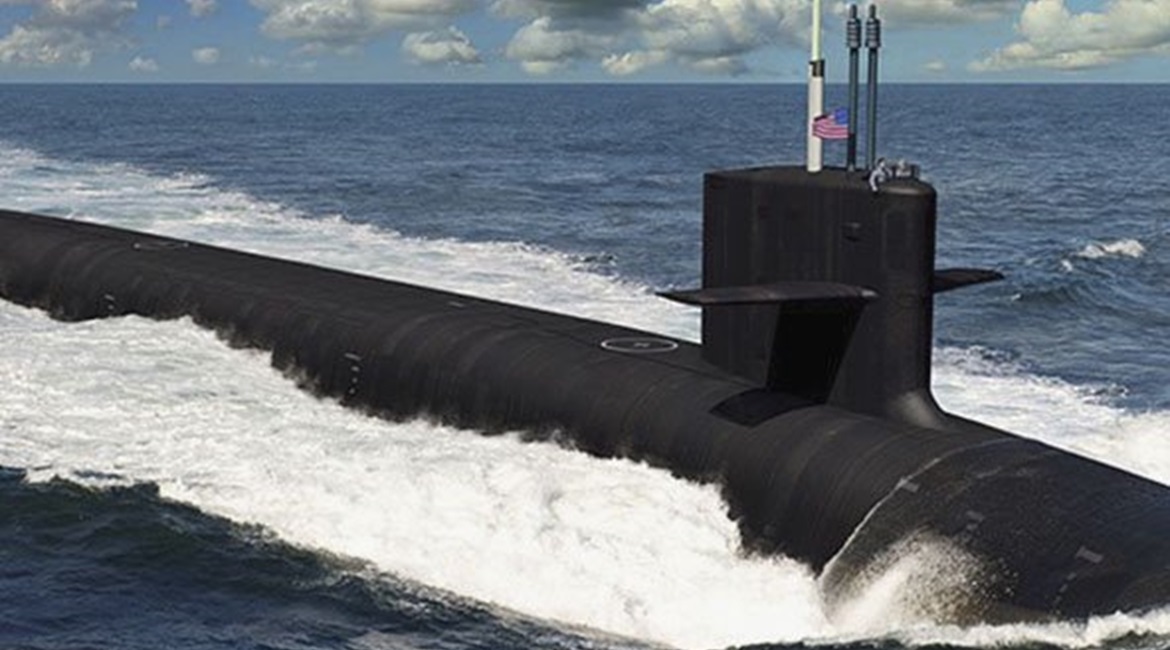
Shipbuilding workforce changes meant to slow or prevent the spread of Covid-19 in shipyards have raised questions about the potential effect of any yard slowdowns on meeting the tight US Navy (USN) schedule for building and deploying the service’s first Columbia-class ballistic missile submarine (SSBN).
“Operations at the submarine shipyards and/or supplier firms could be affected by the Covid-19 situation if workers remain home rather than report to work because they are either positive for the virus, are remaining home as part of an effort to maintain social distancing, are taking care of children who have been sent home from school for the same reason, or are taking care of family members who have become ill as a result of the virus,” the Congressional Research Service (CRS) noted in its 14 May report update on the Columbia-programme.
Shortly after the release of the CRS report, James Geurts, the assistant navy secretary for Research, Development and Acquisition, underscored the USN’s efforts to keep the Columbia acquisition on track.

Early contract negotiations for Columbia-class submarines could blunt Covid-19 knock-on effects on programme schedules.
“We are working very aggressively with the shipyard to come to an agreement and lock in options,” Geurts said during a 20 May telephone press conference.
While the USN has already been negotiating prices for the first two Columbia ships,” he pointed out, “We do not have funding to start full production until 2021. My goal is to be aggressive, but disciplined, in getting those contracts negotiated and ready to roll.”
On a “more traditional programme”, he said, appropriations would be authorised before negotiations would begin, with a contract awarded later in the year.
Looking to read the full article?
Gain unlimited access to Janes news and more...